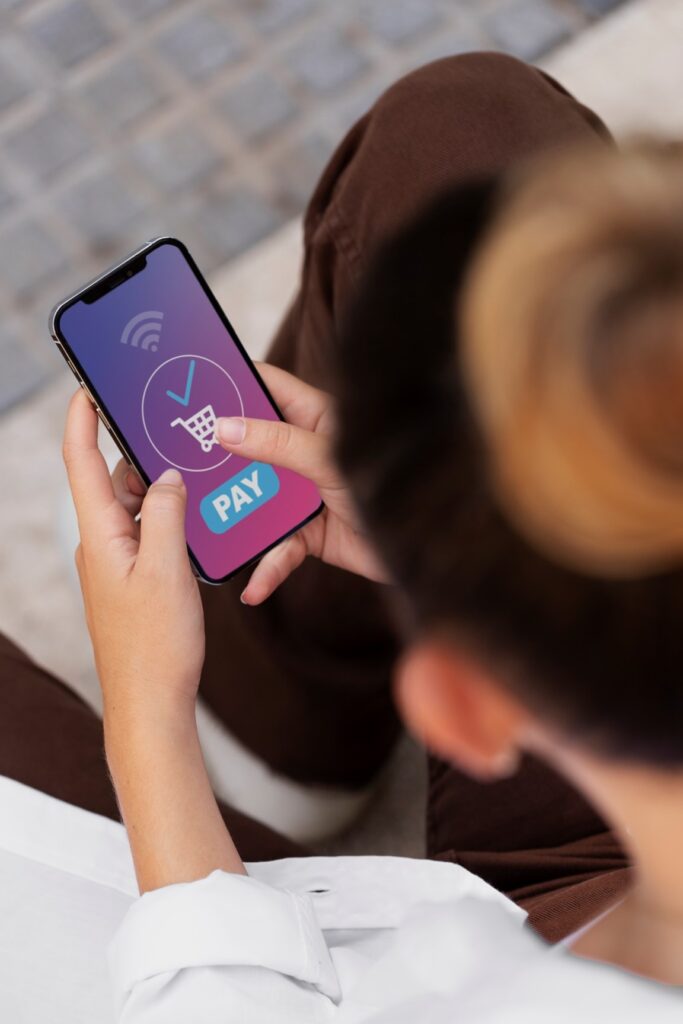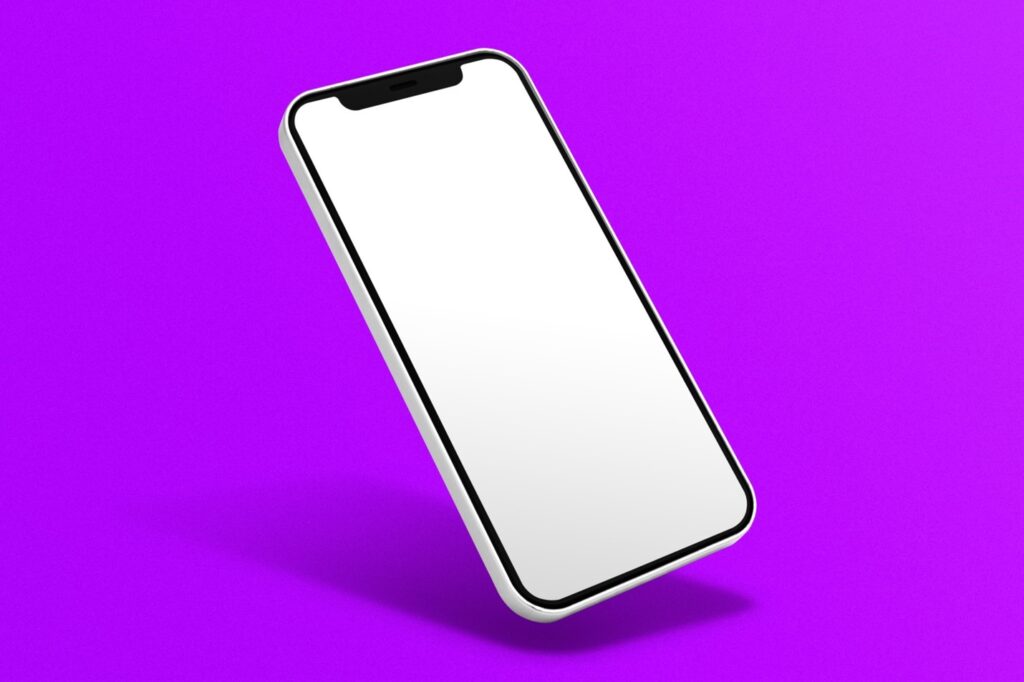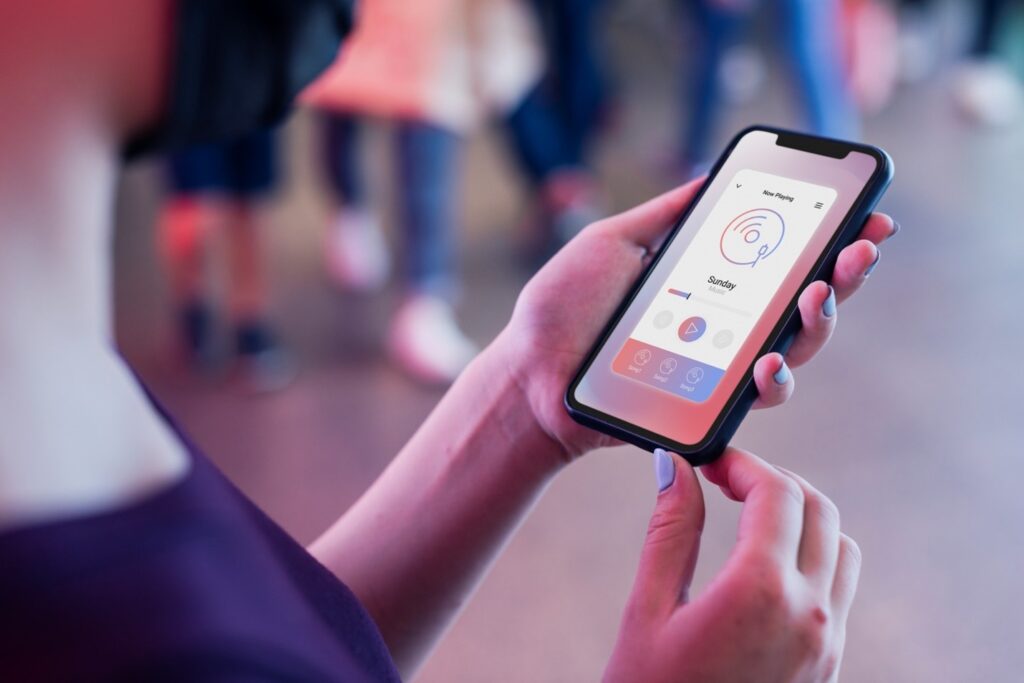
Mobile app technology is advancing rapidly, driven by evolving user expectations and the latest innovations. In 2024, developers and designers are adopting new methodologies and tools to stay competitive. Here, we explore the key mobile app technology trends shaping the future of app development.
AI and Machine Learning: Powering Smart Applications
Revolutionizing Mobile App Development with AI and ML
One of the most transformative trends in mobile app development is the rise of artificial intelligence (AI) and machine learning (ML). These technologies enable developers to create smart, intuitive applications that offer personalized user experiences.
AI for Data Analysis and Decision-Making
AI analyzes vast amounts of data to provide insights and better decision-making capabilities, empowering apps to react more intelligently to user needs and behaviors.
Machine Learning for Continuous Improvement
ML continuously learns from user interactions to improve app performance, creating apps that adapt and evolve to offer a better user experience over time.
Real-Time Personalization Through AI
Incorporating AI allows mobile apps to deliver real-time personalization. From recommending products to predicting user needs, AI-driven personalization ensures that the user experience feels tailored and responsive.
The Dark Mode Revolution: Aesthetic and Energy-Efficient Design
Dark mode has become a game-changer in mobile app design. With its sleek aesthetic appeal and ability to save up to 60% of screen energy, it has captured the attention of both developers and users alike. Especially beneficial on OLED screens, dark mode reduces eye strain, improves readability in low-light conditions, and extends battery life.
Design Challenges of Dark Mode
Implementing dark mode comes with its own set of challenges. Designers must carefully choose color palettes, contrast ratios, and typography to ensure usability, especially for users switching between light and dark themes.
Voice User Interfaces (VUIs): Enhancing Hands-Free Interactions
Voice user interfaces (VUIs) are transforming how users interact with mobile apps. By leveraging advancements in natural language processing (NLP) and speech recognition technology, VUIs allow for seamless, hands-free communication.

Voice Assistants Driving User Engagement
Virtual assistants such as Siri, Alexa, and Google Assistant are paving the way for voice-activated apps. These assistants not only handle commands but also provide personalized suggestions, creating more interactive and engaging user experiences.
Augmented Reality (AR): Immersive Experiences in Everyday Apps
Augmented reality (AR) continues to be a leading trend in mobile app technology. AR overlays digital elements onto the real world, creating immersive and interactive experiences for users.
AR in Gaming and Retail
From Pokémon Go to virtual try-ons in retail, AR has diverse applications. Its ability to blend the digital and physical worlds gives users unique and interactive experiences, making AR a key trend in mobile development.
Minimalist Design: Less is More in User Experience
Minimalist design is becoming the go-to approach for mobile app interfaces. This design trend focuses on simplicity, with clean layouts, uncluttered interfaces, and a sharp focus on usability.
Increased Focus on User Tasks
Minimalism helps users focus on key tasks by removing distractions. By prioritizing content and essential functions, it enhances usability and ensures that users have a seamless, distraction-free experience.
Personalization: Creating Tailored User Experiences
Personalization is no longer a luxury—it’s an expectation. Today’s users demand customized app experiences that cater to their unique preferences and behaviors. With AI and machine learning powering data-driven insights, mobile apps can now deliver highly personalized content and recommendations.
Data-Driven Personalization
Personalization is driven by data analytics and machine learning, which analyze user behaviors, preferences, and interactions. This allows apps to provide tailored experiences that meet individual user needs, driving engagement and loyalty.
Biometric Authentication: Elevating Security and Convenience
As security concerns grow, biometric authentication has emerged as an essential trend in mobile app development. Features like fingerprint scanning and facial recognition provide enhanced security without the need for cumbersome passwords.
Frictionless Login for Enhanced User Experience
Biometric authentication not only increases security but also makes logging into apps faster and easier, eliminating the need for complex passwords and offering users a seamless experience.

Designing for Foldable Devices: The Next Frontier in App Development
Foldable devices are gaining momentum, and mobile app developers need to adapt to this emerging trend. Designing for foldable screens requires creating adaptive layouts that adjust to varying screen sizes and orientations.
Responsive Layouts for Foldable Screens
Apps must now feature responsive layouts that offer smooth transitions between screen sizes and orientations. Foldable devices offer a unique challenge and opportunity for creating multi-screen and immersive experiences.
DanLogics: Innovating Mobile App Development
At DanLogics, we stay ahead of the curve by integrating the latest mobile app technology trends into our development process. Whether it’s AI-driven personalization, voice interfaces, or AR enhancements, we craft custom mobile solutions that deliver exceptional user experiences. Our expertise spans across iOS, Android, and cross-platform app development, using technologies like React Native, Flutter, Swift, and Kotlin to bring your app ideas to life.
Conclusion: Embracing the Future of Mobile App Technology
As mobile app technology continues to evolve, staying on top of these emerging trends is crucial for businesses looking to create impactful apps in 2024 and beyond. By adopting AI, AR, dark mode, and other trends discussed above, developers can build user-friendly apps that engage and delight users. Keep these innovations in mind to stay competitive in the ever-changing world of mobile app development.


